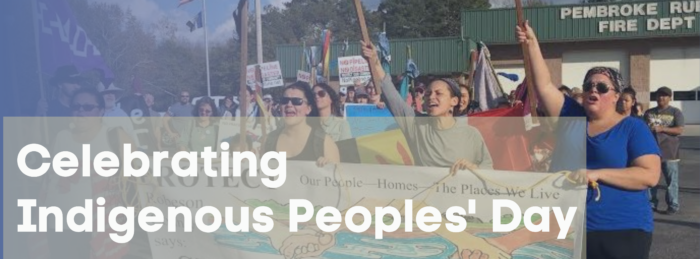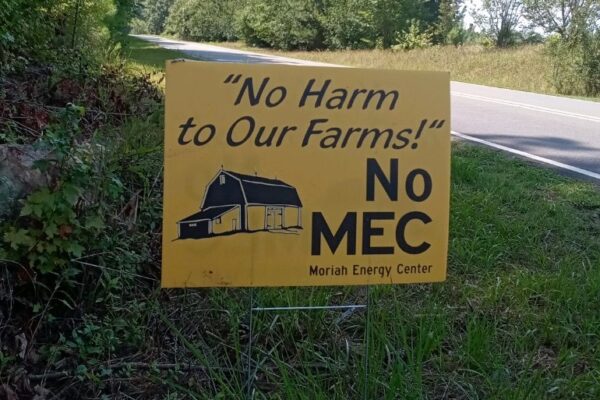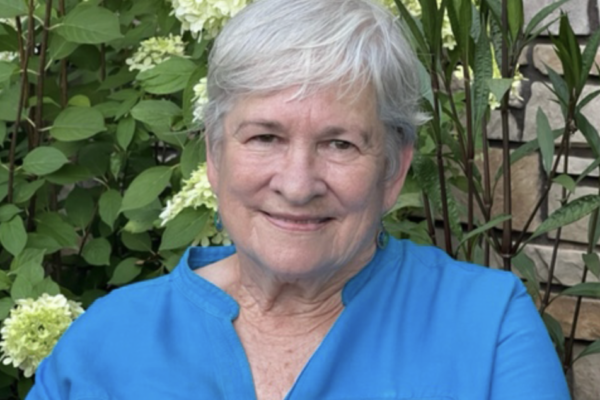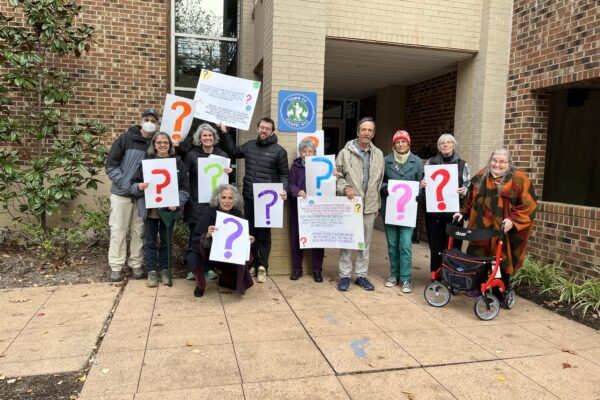| “Our country was conceived on a promise of equality and opportunity for all people — a promise that, despite the extraordinary progress we have made through the years, we have never fully lived up to. That is especially true when it comes to upholding the rights and dignity of the Indigenous people who were here long before colonization of the Americas began. For generations, Federal policies systematically sought to assimilate and displace Native people and eradicate Native cultures. Today, we recognize Indigenous peoples’ resilience and strength as well as the immeasurable positive impact that they have made on every aspect of American society. We also recommit to supporting a new, brighter future of promise and equity for Tribal Nations — a future grounded in Tribal sovereignty and respect for the human rights of Indigenous people in the Americas and around the world.” Read the full statement from the White House. |
 |
| Clean Water for NC acknowledges and celebrates the sacred tribal lands and waterways that make up the state of North Carolina – not only on Indigenous Peoples’ Day, but year round. We are home to the largest population of Indigenous peoples east of the Mississippi River, with over 120,000 American Indians inhabiting the state today. We celebrate these Indigenous communities, including the Lumbee, Haliwa Saponi, Occaneechi Saponi, Coharie, Meherrin, Waccamaw Siouan, Sappony, and the Eastern Band of Cherokee. |
| Resources and opportunities for you to learn more about Indigenous Peoples’ Day and the growing movement to acknowlege these sovereign communities as America’s first inhabitants: White House: A Proclamation on Indigenous Peoples’ Day, 2021 The Native Lands Tool allows you to interact with maps of Indigenous territories, treaties, and languages. The Haw River Water Walk is an Indigenous-led, 300-mile ceremonial walk from the headwaters of the Haw River, along the Cape Fear and down to the Atlantic Ocean. New Report: Indigenous Resistance Against Carbon. Read how Indigenous communities have stopped or delayed greenhouse gas pollution equivalent to at least 25 percent of annual U.S. and Canadian emissions. |






